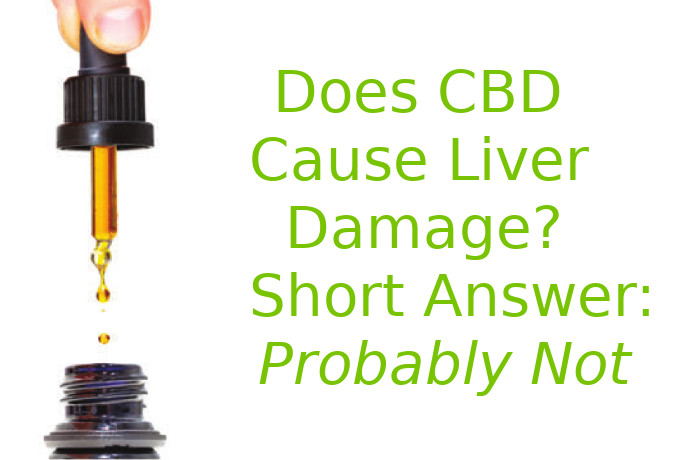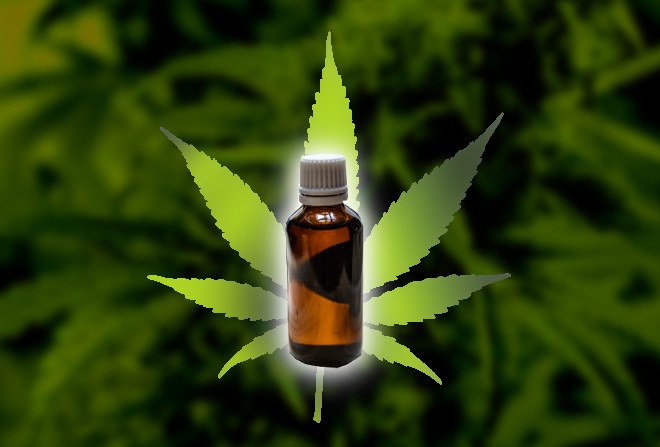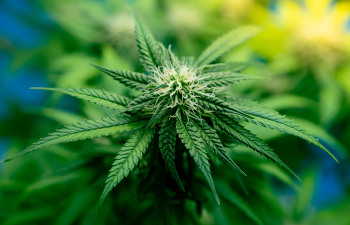
You don’t live under a rock. You’ve seen the headline. “Marijuana Study Finds CBD Can Cause Liver Damage,” so claims a widely shared story published by Forbes.
The public reaction was predictable.
“See?! We told you pot is dangerous!” the drug warriors screamed in their typical shrillness.
“Nu’uh,” the tokers replied between puffs and passes. “That’s just government propaganda.”
It’s difficult for anyone with a basic knowledge of prohibition’s history to view the story without a degree of skepticism. Who doesn’t remember the catechism of 80’s and 90’s DARE programs proclaiming that marijuana killed brain cells? Science proves it, they assured us. But then, we grew older—and smarter. We looked at the study for ourselves and saw it for the transparent propaganda that it was. A group of monkeys were strapped to ventilators and pumped with pot smoke for ten straight minutes. Hardly irrefutable proof of the conclusion they published. We already knew asphyxiation killed brain cells. Nice try, Uncle Sammy, but no dice. Thanks for playing . . . buhbye.

Be that as it may, we still have a responsibility to verify our beliefs about the plant, no matter how informed we consider ourselves to be. It does us and our movement no good to trade in our objectivity for a PR victory. It’s about facts, not feelings. So, let’s look at the facts.
A poor man’s summary of the study in question: Scientists at the University of Arkansas grabbed some mice, pumped them full of CBD extract, stepped back and studied the effects. It was bad times for the mice, the majority of whom suffered liver damage. Their conclusion: “CBD is as dangerous as alcohol!”
Again, that’s grossly oversimplified, but it’s the bare bones, nonetheless.
It’s obvious that Forbes didn’t do much homework before publishing. Straight out of the gate, they fail to mention that Molecules, the journal that ran the article in discussion, isn’t the most reputable publication, with an impact score of just over three points on a one-to-ten scale. Adding insult to injury is the reputation of the journal’s publisher, MDPI, who have been accused of predatory practices more than once. We’re not saying they’re the Alex Jones of the science world, but neither are they the New York Times. Fox News at best.
But let’s put the credentials of the publisher aside. How does the study itself hold up? Not well . . . like, at all. In fact, it’s a wonder that Forbes ran the story at all.
The study “was poorly designed on several levels” asserts Jeff Beverly. Beverly is a founding partner at Kola Authentix, a Colorado-based company that provides pharmacist authenticated cannabinoid products to vendors in the space.
He goes on to break it down in simple terms. “The most glaring aspect is when you consider the dosages that they used for these mice. If you look at the maximum human dosage for Epidiolex from GW, they suggest 20mg per kg of body weight per day. . . So, I weigh 160lbs—75 kilos. That means that my maximum dose for a day under Epidiolex is about 1500mg. A gram and a half. That’s a pretty significant dose, but for a medicinal pursuit, I think it’s understandable. The minimum dosage they gave these mice was 246 mg per kg; more than 10 times than the maximum GW recommends. The maximum dosage they gave these mice was 2490 mg per kg . . . over 100 times the maximum human dosage.”
The absurdity, as Beverly points out, becomes more apparent when you do the math. “At that minimum dosage, my personal cost, given my body weight, would be just under $1300 per day. To get the maximum dosage, that’s just under $13,000 per day.” Um, wow. It should go without saying that there are much cheaper ways to destroy your liver.
“I can do that with a fifth of Everclear,” Beverly quips with a chuckle.
To be fair, though, the authors are claiming they set the doses allometrically. As Project CBD explains on their website, “Allometric scaling . . . assumes that drug doses can roughly be scaled from one animal to another based on their body weight and body-mass index (BMI).”
However, even this is problematic. First, the entire concept is controversial in scientific circles. Second, allometric scaling isn’t always applicable—and it’s highly doubtful that it applies to cannabinoids.
According to Project CBD, this type of dosing “is predicated on properties that these oily compounds do not possess. For example, it works best when the drug of interest floats freely in the bloodstream, yet over 99% of CBD (and THC) is protein-bound, not free. Furthermore, the ridiculously high doses in this study will saturate the body’s metabolic machinery, preventing relevant dose-extrapolations.”
These issues are only the beginning. The entire study is rife problems; citation issues, misrepresented data, faulty conclusions, demonstrable bias, et al.
So, suffice it to say that you can rest easy. Don’t pull those CBD gummies from your shelf just yet. We’re 99.9% certain that the study is bunk. You’re welcome.










